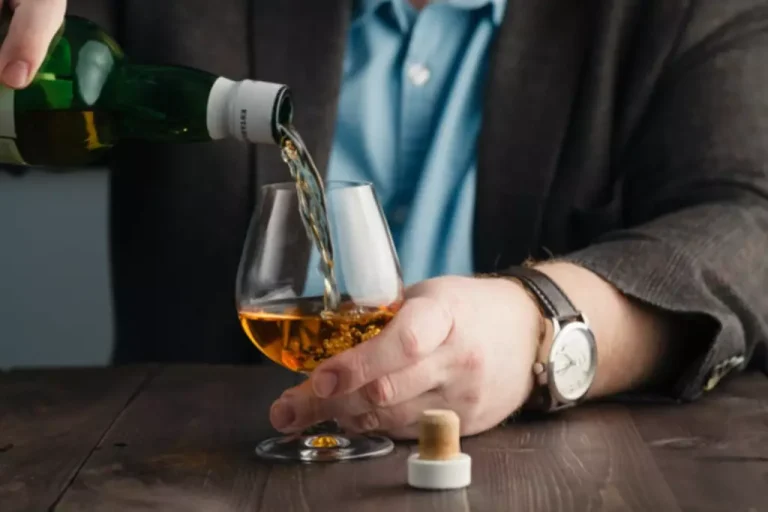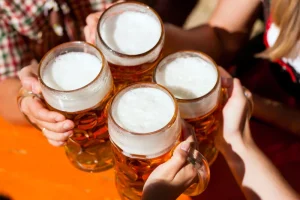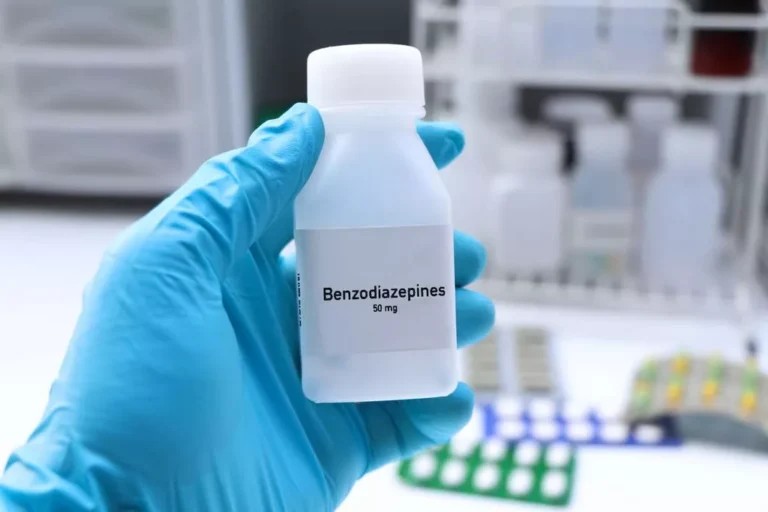
For many individuals in recovery, embracing a higher power or spiritual connection is a significant tool in surrendering to powerlessness. This can involve finding solace in a religious faith, connecting with nature, or exploring spiritual practices that resonate with personal beliefs. Embracing a higher power allows individuals to let go of the need to control every aspect of their lives and trust in a greater force.

Admitting Powerlessness Encourages Acceptance
- Furthermore, access to treatment can be hindered by socioeconomic factors, lack of healthcare resources, or insufficient support systems.
- It means recognizing that one’s drinking has become uncontrollable and that attempts to moderate or quit have repeatedly failed.
- Providing these examples of powerlessness over alcohol can help an individual to start recovery.
- We strive to exceed patient and community expectations in every life we touch.
- When you are 2 or 10 or 20 years sober, you are still going to be powerless over alcohol.
- What research has discovered is that acceptance of this step should be centered on the person and what they believe is problematic.
- Humans naturally gather together, which is why group therapy remains a powerful therapeutic tool for alcohol addiction.
The family can become totally controlled by diseased thinking. Although the illusion of control may continue, their lives become unmanageable, because alcohol is really in control. Mindfulness and meditation are powerful practices that can assist individuals in developing awareness and acceptance of their powerlessness. By focusing on the present moment and observing thoughts and emotions without judgment, individuals can gain a deeper understanding of their inner experiences. This practice helps to cultivate self-compassion and reduces the desire to control outcomes that are beyond one’s control.
Examples of Powerlessness in Sobriety

That is why many people consider it to be a family disease. Whether or not you have a problem with alcohol, how often have you heard the phrase “honesty is the best policy”? There’s a reason for that—being honest with yourself and others is key to living the kind of rich, self-assured, fulfilling life that we all want. If you’re struggling with alcohol use—whether or not you’re in AA—it is up to you to choose how you describe your situation.

Myths and Misunderstandings About AA Step 1

It denies the reality of all the other unsuccessful attempts you’ve made to stop as a result of major consequences. Join our supportive sober community where each day becomes a step towards personal growth and lasting positive change. Engaging in spiritual practices, such as prayer, meditation, or journaling, can deepen the connection with a higher power and provide a source of guidance and support. It’s important to note that the concept of a higher power is highly individual and can take various forms. Each person’s spiritual journey is unique, and finding what brings meaning and strength is a personal exploration. There’s a big difference between prescribed medication and self-medicating.
- Support groups, such as Alcoholics Anonymous (AA) or Narcotics Anonymous (NA), offer a safe space where individuals can share their struggles, learn from others, and gain support.
- The ways one tells themselves and everyone around them “see I’m okay” when they most likely are not.
Alternatively, you might feel overwhelmed by the idea of taking on all the work of recovery. You might beat yourself up for missing a meeting or having a slip and then throw out all your other positive, recovery-based practices with it. Don’t set yourself up for failure by expecting perfection, because perfection in this process is impossible. Minimizing the importance of these consistent practices of recovery is a recipe for slipping back into addiction. One skip becomes two, which becomes five, and before you know it you’ve gone months without receiving the support you need for your recovery.
Most individuals who end up in situations where they’re under the influence of substances are individuals with problems looking to overcome them in a meaningful way. Whether it’s consuming alcohol, taking an illicit drug, or some other substance, most situations start as a means of feeling good, in control, and enjoying life for what it is. If you are living with a loved one’s drinking, it can be difficult to admit you are powerless and unable to keep cleaning up the mess and being the responsible one. You may continue to make things work and, therefore, be part of the sickness. Only after admitting you are powerless can you begin to make changes in yourself. From step one, you can continue to the rest of the 12 steps and 12 traditions.
History has proven that you have no control once a drop of alcohol enters your body. If you can grasp this knowledge, powerless over alcohol examples you will become a recovering, strong person. Recovery is about accepting that alcohol does not add to your life.
